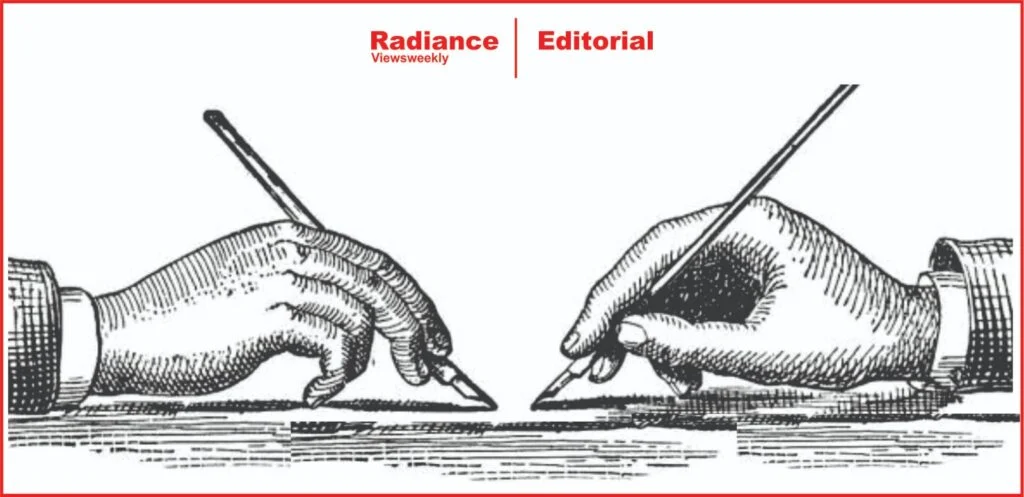The Constitution of India, under Article 82, empowers the Union Government to redefine parliamentary and assembly constituencies based on the decennial Census. This process, known as delimitation, has historically played a crucial role in maintaining democratic representation. However, the upcoming 2026 delimitation exercise has sparked serious concerns, particularly among the Southern and Northeastern states, as well as Muslim minorities. The issues at hand are not just political but also touch upon social justice, federalism, and equitable resource distribution.
The firstconcern is Under-Representation of South and Northeast India. The proposed delimitation may reduce the number of parliamentary seats for Southern and Northeastern states, which have successfully controlled their population growth. Meanwhile, North Indian states, due to higher population growth, may gain additional seats. This could dilute the political influence of the Southern and Northeastern regions.
Another concern is Disproportionate Control over National Resources. Representation in the Parliament determines the allocation of financial resources, infrastructure projects, and policymaking authority. A skewed representation favouring the highly populated North could result in lesser funds and developmental projects for the Southern states, despite their higher economic contributions to the national GDP.
Also,with North Indian states gaining more seats, there will be a shift in political power dynamics. The Southern states, which have excelled in economic growth, literacy, and governance, may find themselves with diminished influence in the national policy-making process.
A skewed delimitation may lead to over-centralisation of power, allowing North Indian states to dictate policies that may not align with the diverse aspirations of Southern and Northeastern states. This could erode the principles of representative democracy and federalism.
Unfair Treatment of Minority Representation is another major concern. Historically, many Muslim-majority constituencies have been re-designated as reserved seats for SCs and STs, affecting Muslim political representation. This has led to a decline in the Muslim voice in legislative bodies, thereby impacting their political rights and access to governance.
Delimitation in India has undergone several phases. In 1952, 1963, 1973 and 2002, constituencies were redefined.The 1976 amendment froze delimitation until 2001 to prevent penalising states that had controlled population growth.
The fact remains that the NDA government has not conducted the 2021 Census, delaying an accurate assessment of population and socio-economic conditions necessary for fair delimitation.A thorough caste-based socio-economic census should be conducted before delimitation to ensure proportional representation.This will help identify socio-economically backward communities, including Muslims and other marginalised groups, ensuring fair political representation.Constituencies should be restructured without religious bias, ensuring that Muslim-majority constituencies are not arbitrarily reserved for SCs and STs.A mechanism should be put in place to ensure adequate Muslim representation in Parliament and State Assemblies.
Also, delimitation should not punish states that have successfully implemented family planning.A hybrid approach considering both population and economic contributions should be adopted.
The Union Government must ensure that the rights of Southern and Northeastern states are not undermined.Policies should encourage equal development rather than shifting political dominance to the North.


